Training Workshops Posts
Where You Live Matters to Your Health
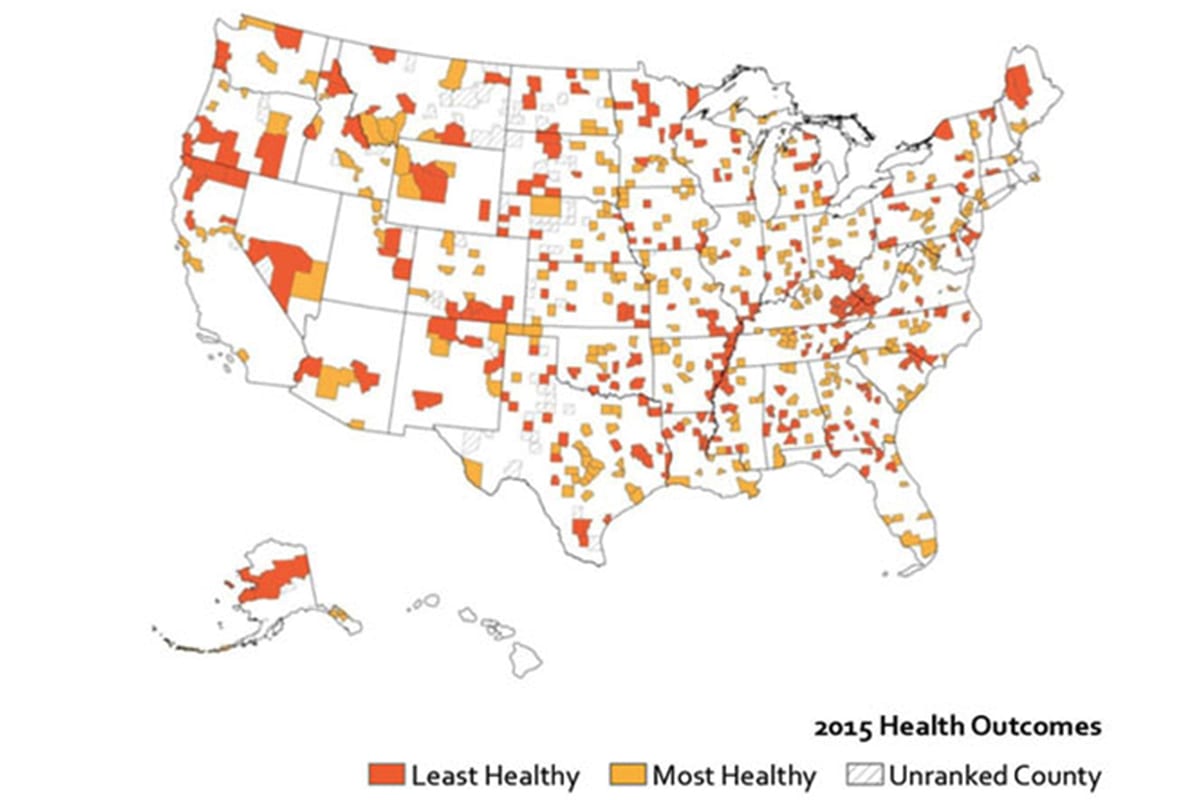
The Robert Wood Johnson Foundation and the University of Wisconsin’s Population Health Institute released the 2015 County Health Rankings, which shows that where you live influences how well and how long you live. It compares 30 factors that communities have the ability to do something about – including education, jobs, violent crime, housing, diet and exercise.
Pop Star Science
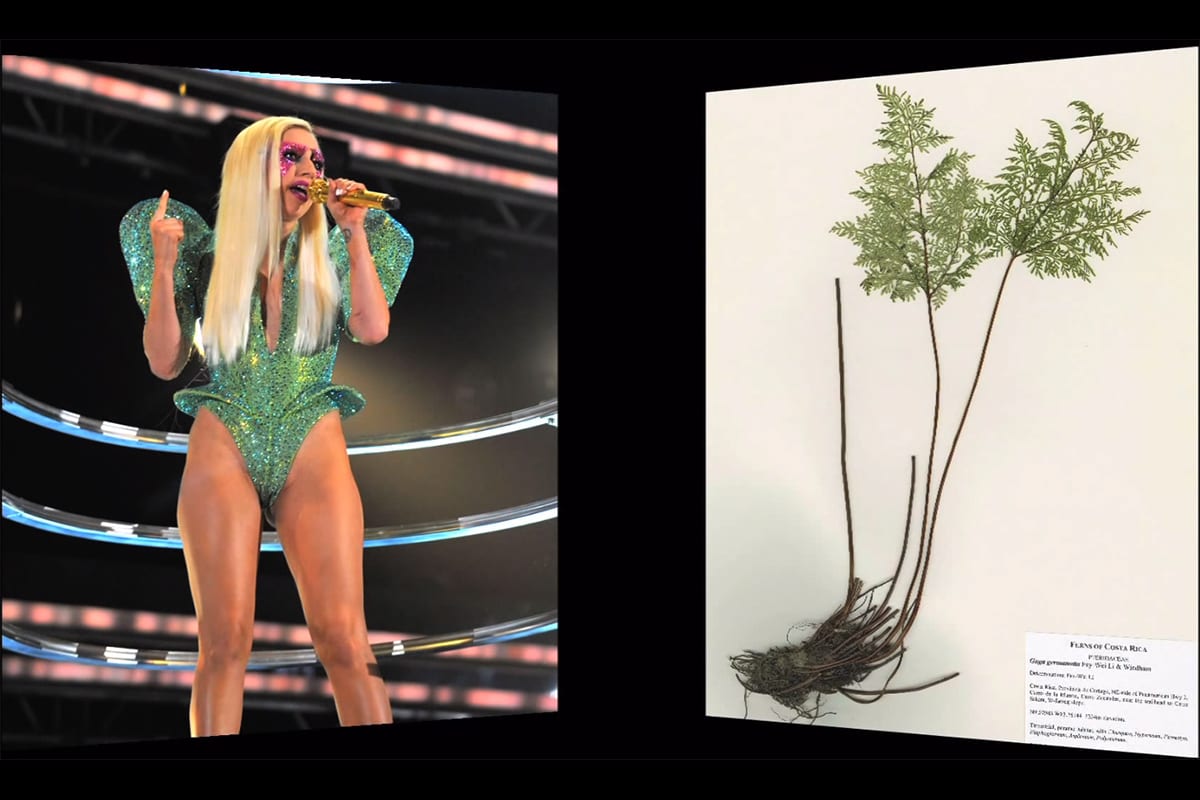
With a gloomy forecast for scientific funding, scientists are taking things into their own hands to find research funding, according to a recent Washington Post article, Crowdfunding propels scientific research. But they need to have good communications skills to do it.
Tell the Story of Science
So often what is missing from stories about new scientific findings is the scientist’s story. The best science writers will say we should put science in context in order for it to make sense to the public.
“Viral” Op-Eds
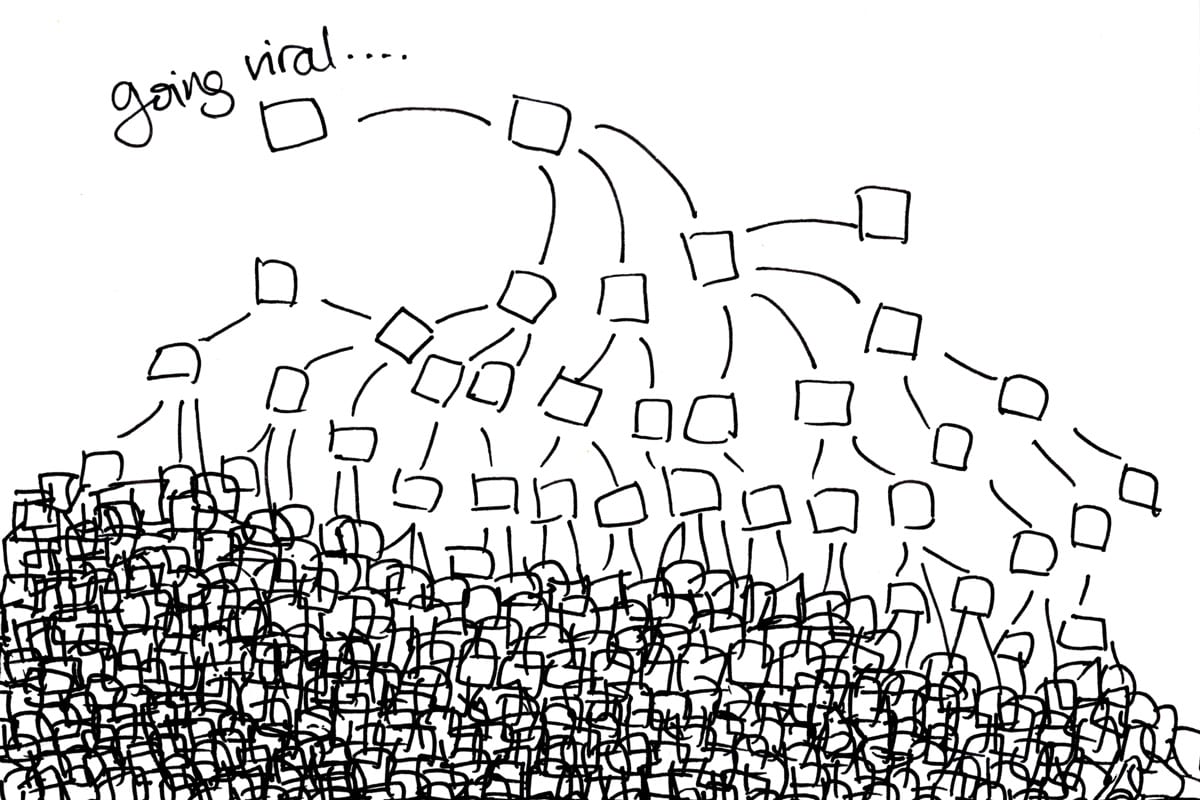
Duke University has more than great basketball. It has the nation’s best op-ed writer I’ve ever known. David Jarmul, associate vice president for news and communications at Duke University, is the developer of what I’d call “viral op-eds,”—op-eds that are … Continue reading “Viral” Op-Eds
Mandela and a New Generation of African Voices
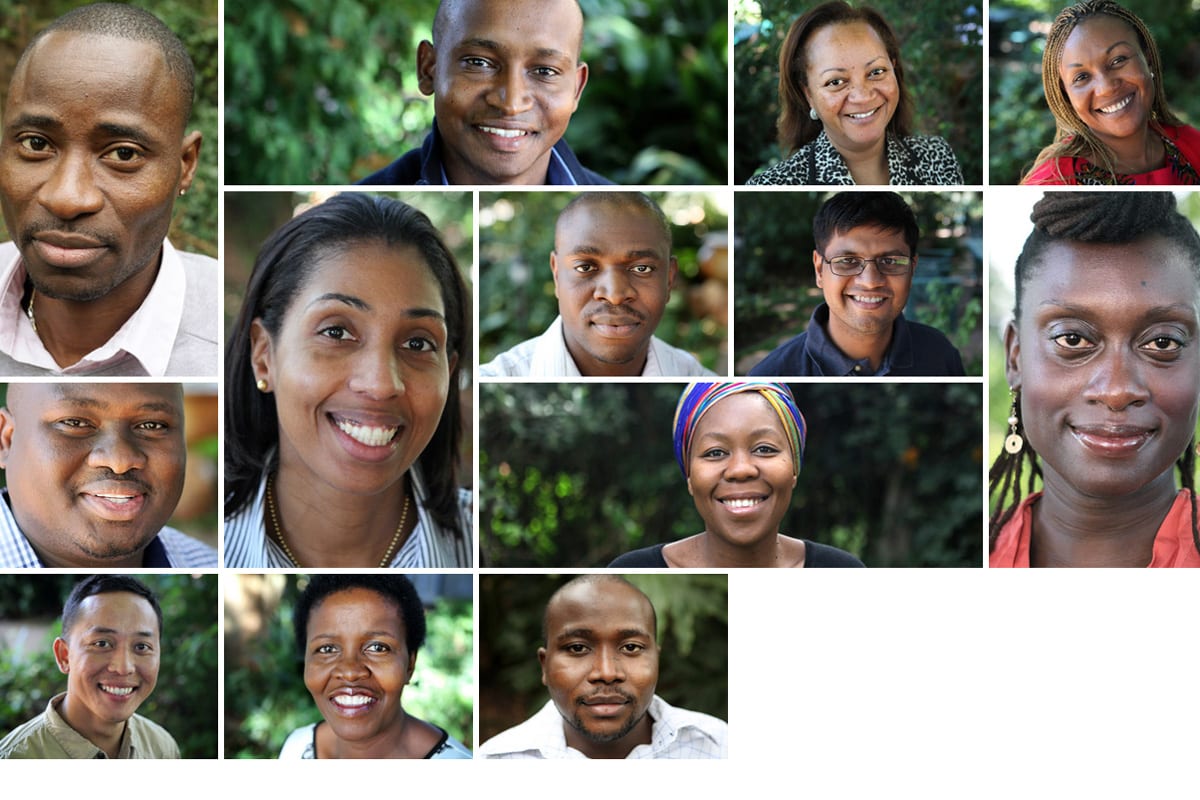
These fellows are 11 young African men and women from 10 different countries across the continent. They are trailblazers in their fields—entrepreneurs, doctors, community leaders, academics, and educators passionate about a range of issues: medicine, HIV/AIDS, gender equality, public health, civil unrest, climate change, and poverty.
Simple Approaches to Reduce Children’s Pain
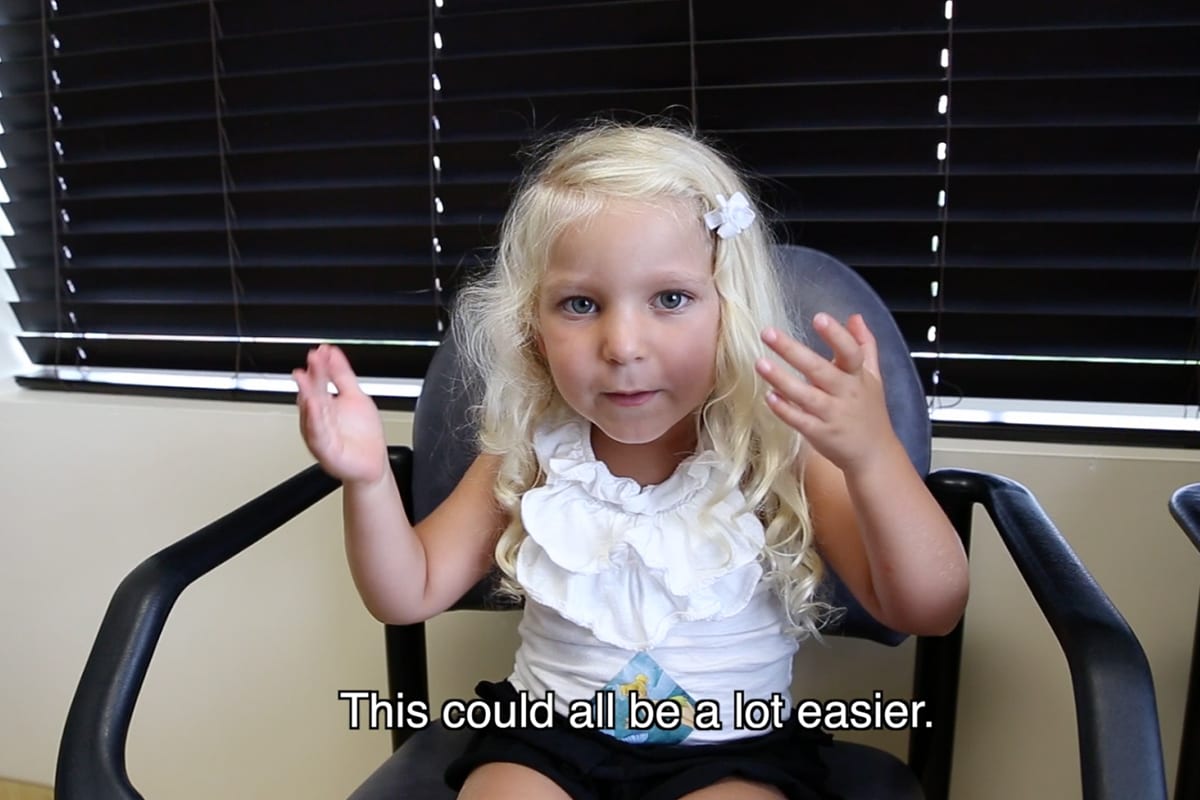
Fewer than five percent of children receive any kind of pain relief during routine immunizations, even though research shows that there are simple, no-cost solutions that work.
Messages and Messengers Come in All Packages
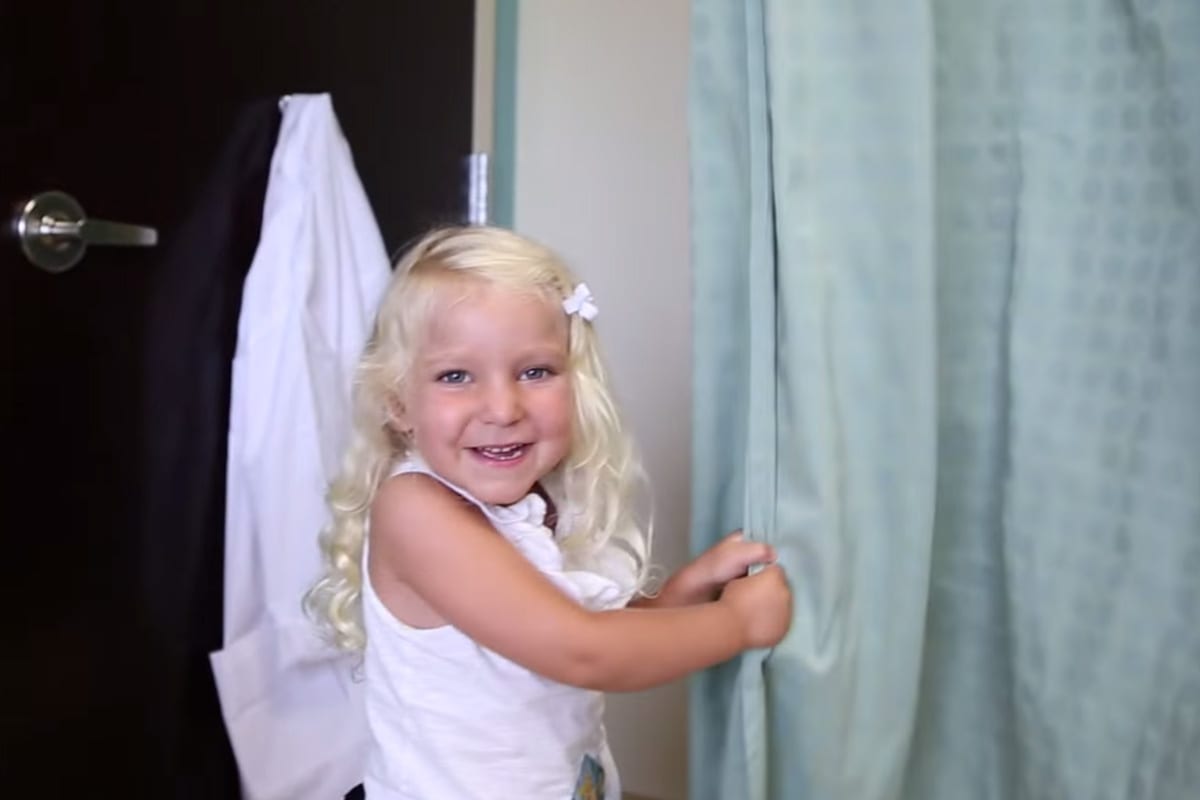
There are all kinds of ways to get an important message across, but is anyone really listening? If you’ve got the right messenger and setting, they’re more likely to.
Science Communications Lessons at Your Local Bar
Some of the best tips about speaking to reporters come from reporters themselves. The most memorable point for me came from National Public Radio Science Correspondent David Kestenbaum, who by the way, has a Ph.D. in physics. He energetically said to our audience of biomedical scientists at a media training, "You have to speak to me like I'm the drunk guy at the end of the bar."
Tweet or Go Extinct
In an opinion piece in The Scientist, author Sara Yeo reports on the results of a survey of leading scientists at U.S. universities about their interactions with traditional media as well as social media like Twitter. The results? Yeo reports that “public communication efforts are linked to academic impact and that social media can augment more traditional forms of public communication.”

